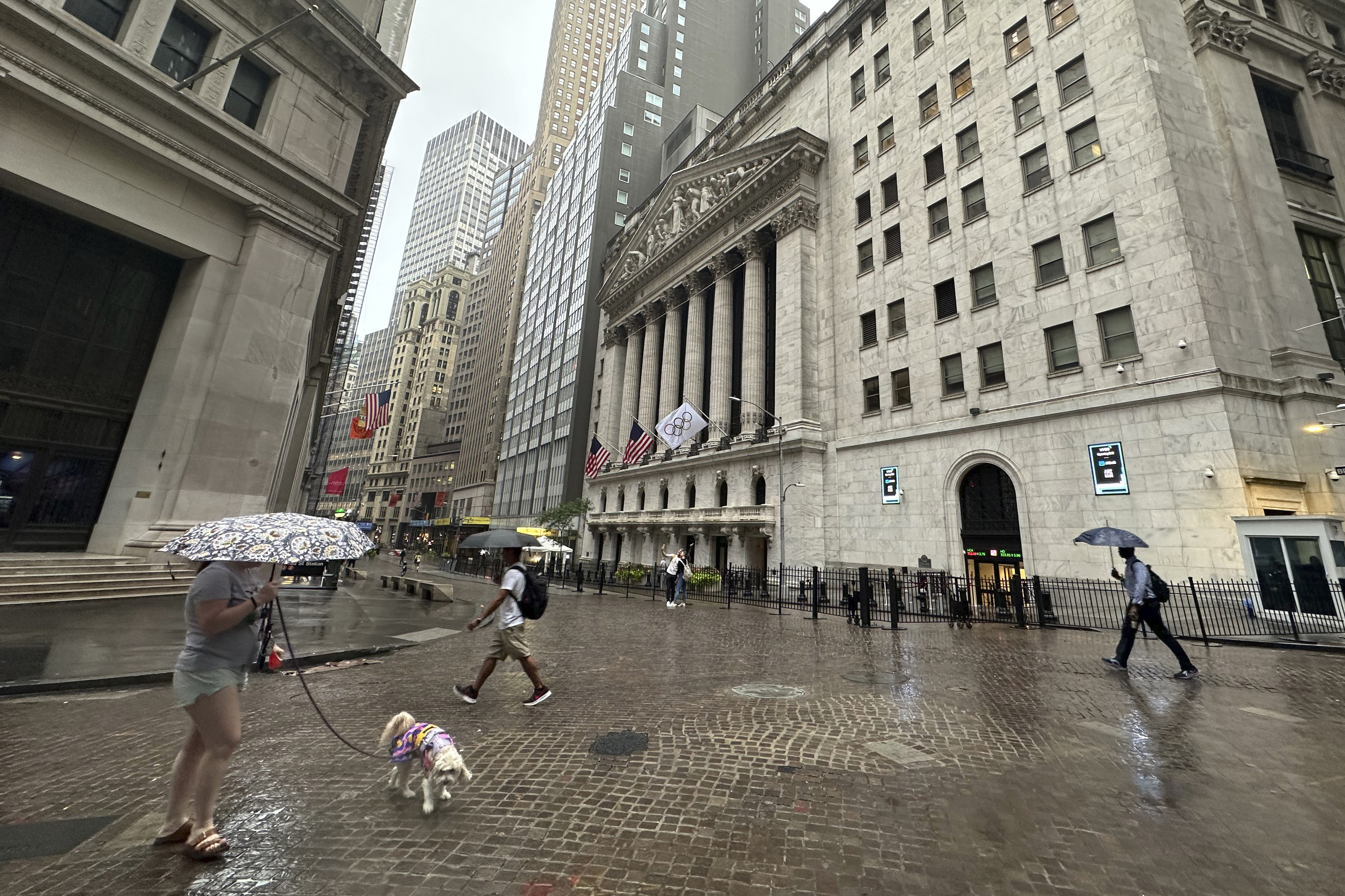The great inflation spike of the past three years is nearly spent — and economists credit American consumers for helping slay it.
Some of America's largest companies, from Amazon to Disney to Yum Brands, say their customers are increasingly seeking cheaper alternative products and services, searching for bargains or just avoiding items they deem too expensive. Consumers aren't cutting back enough to cause an economic downturn. Rather, economists say, they appear to be returning to pre-pandemic norms, when most companies felt they couldn't raise prices very much without losing business.
"While inflation is down, prices are still high, and I think consumers have gotten to the point where they're just not accepting it," Tom Barkin, president of the Federal Reserve Bank of Richmond, said last week at a conference of business economists. "And that's what you want: The solution to high prices is high prices."
A more price-sensitive consumer helps explain why inflation has appeared to be steadily falling toward the Federal Reserve's 2% target, ending a period of painfully high prices that strained many people's budgets and darkened their outlooks on the economy. It also assumed a central place in the presidential election, with inflation leading many Americans to turn sour on the Biden-Harris administration's handling of the economy.
The reluctance of consumers to keep paying more has forced companies to slow their price increases — or even to cut them. The result is a cooling of inflation pressures.
Other factors have also helped tame inflation, including the healing of supply chains, which has boosted the availability of cars, trucks, meats and furniture, among other items, and the high interest rates engineered by the Fed, which slowed sales of homes, cars and appliances and other interest rate-sensitive purchases.
Still, a key question now is whether shoppers will pull back so much as to put the economy at risk. Consumer spending makes up more than two-thirds of economic activity. With evidence emerging that the job market is cooling, a drop in spending could potentially derail the economy. Such fears caused stock prices to plummet a week ago, though markets have since rebounded.
This week, the government will provide updates on both inflation and the health of the American consumer. On Wednesday, it will release the consumer price index for July. It's expected to show that prices — excluding volatile food and energy costs — rose just 3.2% from a year earlier. That would be down from 3.3% in June and would be the lowest such year-over-year inflation figure since April 2021.
And on Thursday, the government will report last month's retail sales, which are expected to have climbed a decent 0.3% from June. Such a gain would suggest that while Americans have become vigilant about their money, they are still willing to spend.
Many businesses have noticed.
"We're seeing lower average selling prices ... right now because customers continue to trade down on price when they can," said Andrew Jassy, CEO of Amazon.
David Gibbs, CEO of Yum Brands, which owns Taco Bell, KFC and Pizza Hut, told investors that a more cost-conscious consumer has slowed its sales, which slipped 1% in the April-June quarter at stores open for at least a year.
"Ensuring we provide consumers affordable options," Gibbs said, "has been an area of greater focus for us since last year."
